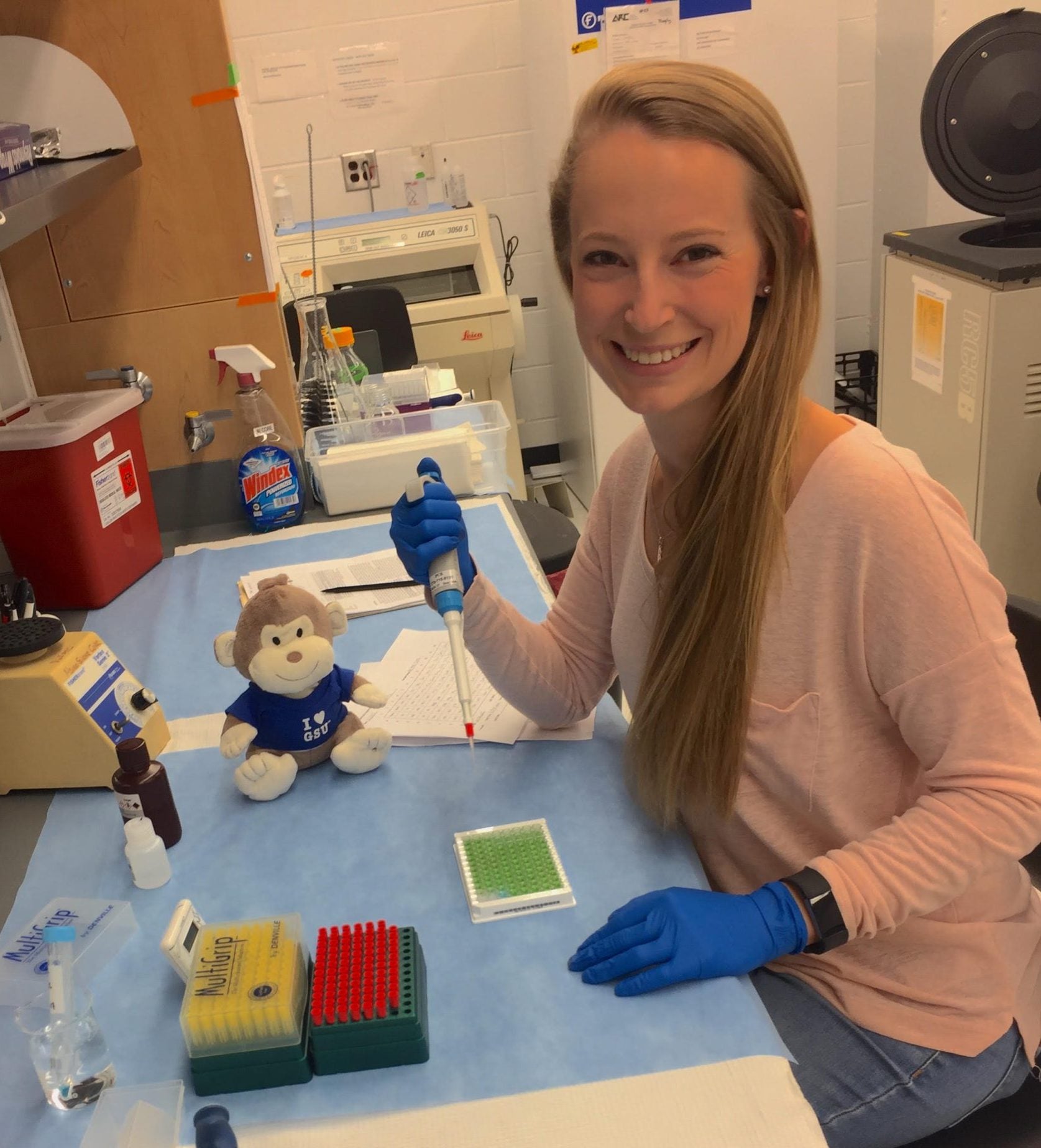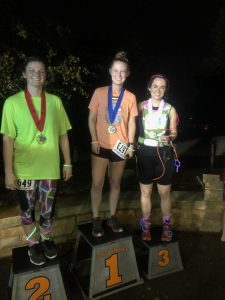CV link:
https://drive.google.com/file/d/1O6Kd0CWJnxJoGhENJRocNMTMm3DpM-4i/view
Bio:
My research interests blend psychology, neuroscience, and primatology – I study how monkeys and apes think and behave to understand how primate cognition might have evolved. I’m particularly interested in how hormones have been conserved throughout evolution, and how these hormones might affect cognition and behavior.
I have been fascinated by the monkey mind for over 10 years. I graduated from Yale University in 2013 with a B.S. in Psychology – Neuroscience working under Dr. Laurie Santos both in our resident capuchin colony and with free-ranging rhesus macaques at our field site on Cayo Santiago, Puerto Rico. When I moved to Atlanta in 2013, I worked as a full-time, paid intern at Zoo Atlanta in their Research department studying great ape cognition and behavior. After that, I accepted a position as a senior research specialist and lab manager at the Yerkes National Primate Research Center, studying how exogenous oxytocin affects strategy formation in economic games.
I earned my PhD (2022) in Cognitive Psychology from Georgia State University, where I worked under Dr. Sarah Brosnan at the Language Research Center. My dissertation, entitled “Stress, hormones, and performance under pressure in tufted capuchin monkeys”, explored if monkeys were sensitive to a pressure to perform when completing a computerized cognitive task (answer: yes!) and if we could predict “choking” under pressure using hormonal biomarkers (answer: maybe!). Beyond the lab, I was heavily involved in the science communication and advocacy community in Atlanta, and I spent four semesters teaching undergraduates at GSU with a particular passion for teaching research methods and statistics.
under Dr. Sarah Brosnan at the Language Research Center. My dissertation, entitled “Stress, hormones, and performance under pressure in tufted capuchin monkeys”, explored if monkeys were sensitive to a pressure to perform when completing a computerized cognitive task (answer: yes!) and if we could predict “choking” under pressure using hormonal biomarkers (answer: maybe!). Beyond the lab, I was heavily involved in the science communication and advocacy community in Atlanta, and I spent four semesters teaching undergraduates at GSU with a particular passion for teaching research methods and statistics.
As a new post-doctoral scholar in the Bales lab, I’m excited to explore how these hormones might influence cognition and behavior in a new-to-me species – the titi monkeys!
When I don’t have a pipette in hand or a monkey tugging at my lab coat, you can find me running long-distance on the roads and on the trails, reading science fiction, or watching soccer and Formula 1 auto racing.
Feel free to reach out to me on Twitter @MegSosnowski or via email (megsos@ucdavis.edu).
Publications:
Sosnowski, M.J., Kano, F., & Brosnan, S.F. (2022) Oxytocin and social gaze during a dominance categorization task in tufted capuchin monkeys. Frontiers in Psychology, 13:977771.
Sosnowski, M.J., Benítez, M.E., & Brosnan, S.F. (2022) Endogenous cortisol correlates with performance under pressure on a working memory task in capuchin monkeys. Scientific Reports, 12 (953).
Sosnowski, M.J., Drayton, L., Pretôt, L., Carrigan, J., Stoinski, T., and Brosnan, S.F. (2021) Western lowland gorillas (Gorilla gorilla gorilla) do not show an aversion to inequity in a token exchange task. American Journal of Primatology, 83(10).
Benítez, M.E.*, Sosnowski, M.J.*, Tomeo, O.B. & Brosnan, S.F. (2018) Urinary oxytocin in capuchin monkeys: Validation and the influence of social behavior. American Journal of Primatology, 80(10), e22877. PDF. Selected as the ASP Member Featured Article for October 2018. (*co-first authors)
Recent Publications
Relationships between cortisol and urinary androgens in female titi monkeys (Plecturocebus cupreus). Gen Comp Endocrinol. 2021
Parenting costs time: Changes in pair bond maintenance across pregnancy and infant rearing in a monogamous primate (Plecturocebus cupreus). New Dir Child Adolesc Dev. 2021
What is a pair bond? Horm Behav. 2021
Compositional variation in early-life parenting structures alters oxytocin and vasopressin 1a receptor development in prairie voles (Microtus ochrogaster). J Neuroendocrinol. 2021
Biobehavioral organization shapes the immune epigenome in infant rhesus Macaques (Macaca mulatta). Brain Behav Immun. 2021
Cannabinoid receptor Type 1 densities reflect social organization in Microtus. J Comp Neurol. 2021
Pharmacological Prevention of Neonatal Opioid Withdrawal in a Pregnant Guinea Pig Model. Front Pharmacol. 2021

 University of California, Davis (UCD)
University of California, Davis (UCD)
